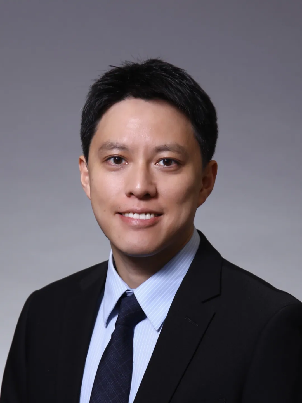讲座嘉宾:王奇思 助理教授 香港中文大学物理系
讲座题目:Spin and charge dynamics in correlated electron systems probed by resonant x-rays
讲座时间:2025年3月1日(周六) 上午10:00
讲座地点:吉林大学中心校区 物理楼301会议室
主 持 人:段德芳
嘉宾简介

Qisi Wang received his PhD in condensed matter physics at Fudan University in 2018. After that, he worked as a postdoc researcher and senior scientist at University of Zurich. In 2023, he joined the Department of Physics at The Chinese University of Hong Kong as an assistant professor. He uses multiple scattering techniques including neutron scattering, resonant inelastic x-ray scattering and x-ray diffraction to investigate quantum phases in correlated electron systems such as unconventional superconductors and quantum magnets.
讲座摘要
Resonant inelastic x-ray scattering (RIXS) has unique sensitivity to electronic correlations involving spin and charge degrees of freedom. In recent years, with the significant improvement of energy resolution, RIXS has become an important experimental technique to study the complex interactions in solids. In this talk, I will present our recent RIXS work on spin and charge dynamics in correlated electron systems.
We use RIXS to determine the magnon dispersions of different cuprate and nickelate systems with exquisite precision, which allows us to extract the high-order exchange interactions. Combined with theoretical modelling, we found that strong quantum fluctuations in the weakly correlated Mott insulator can lead to the break-down of the antiferromagnetic Néel state [1]. This finding provides a new route to explore novel magnetic ground states. Then I will present our studies on charge order and its dynamics in La-based cuprates. We reveal the existence of short-range charge correlations that emerge at a temperature beyond the pseudogap phase [2]. A dispersive low-energy excitation mode was observed near the charge order, supporting a strong-coupling scenario of the ordering mechanism [3]. By tuning charge correlations with uniaxial strain, we further demonstrate the role of electron-phonon coupling in the formation of charge order [4-6].
[1] Q. Wang et al., Nat. Commun. 15, 5348 (2024).
[2] Q. Wang et al., Phys. Rev. Lett. 124, 187002 (2020).
[3] X. Hong et al., submitted.
[4] Q. Wang et al., Sci. Adv. 7, eabg7394 (2021).
[5] Q. Wang et al., Nat. Commun. 13, 1795 (2022).
[6] L. Martinelli et al., arXiv:2406.15062